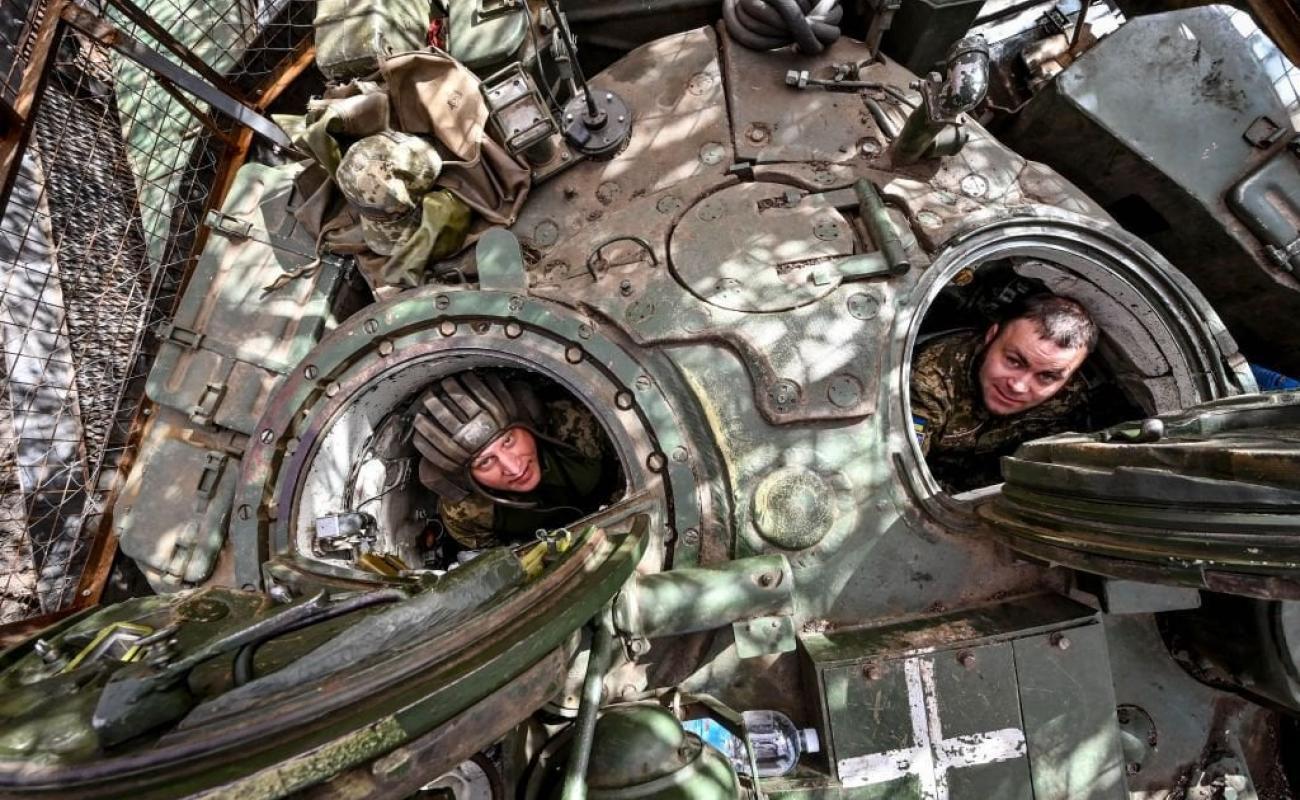Opinion: 8 lessons from Russia's war in Ukraine

Russia's war on Ukraine is still raging, and no one knows when or how it will end. Nonetheless, the past two years have borne out several predictions concerning what does and does not work in 21st-century conflicts involving major powers.
Two years ago, I outlined eight lessons from Russia's war against Ukraine. And though I warned that it was too early to be confident about any predictions, they have held up reasonably well.
When Russian President Vladimir Putin ordered the full-scale invasion of Ukraine in February 2022, he envisaged a quick seizure of the capital, Kyiv, and a change of government – much like what the Soviets did in Hungary in 1956 and Czechoslovakia in 1968. But the war is still raging, and no one knows when or how it will end.
If one sees the conflict as Ukraine’s “war of independence,” rather than focusing too much on borders, the Ukrainians are already victorious. Putin had denied that Ukraine was a separate nation, but his behavior has only strengthened Ukrainian national identity.
What else have we learned? First, old and new weapons complement each other. Despite the early success of anti-tank weapons in the defense of Kyiv, I warned – correctly – that proclamations about the end of the tank era might prove premature as the battle moved from the northern suburbs to Ukraine’s eastern plains. However, I did not anticipate the effectiveness of drones as anti-tank and anti-ship weapons, nor did I expect that Ukraine could drive the Russian navy from the western half of the Black Sea. (Artillery and mines also have played a major role as the conflict has settled into World War I-style trench warfare.)
